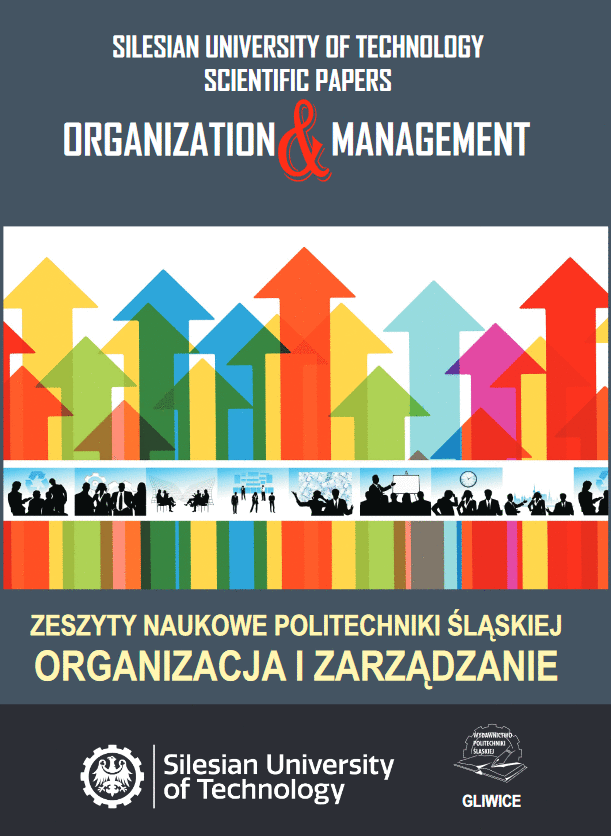|
Home Aktualności CV Testy Zainteresowania naukowe Statystyki dorobku Prace najczęściej cytowane Prace najczęściej przeglądane Recenzje Dydaktyka Promotor Ogólna tematyka seminarium Bazy ORCID |
ABSTRACT Purpose: The purpose of this paper is to assess the intention to leave one's current job among students who start full-time university education and take up gainful activity in the course of their studies. Design/methodology/approach: The empirical material was obtained through a survey carried out by means of a questionnaire. The survey was conducted in 2023 on a sample of students of the Faculty of Economics, Finance and Management of the University of Szczecin who were starting their first-cycle full-time courses. The sample comprised 53 out of 205 respondents who were taking up gainful activity. Findings: The investigated population of students who were engaged in gainful activity showed practically no skewness when it comes to the shape of the analysed construct of turnover intention. The distribution of the investigated variable develops towards a regular distribution. No significant differences in the synthetic measure (construct) in selected groups of respondents were noted either. Therefore, this research does not allow identification of sensitive groups for whom support instruments should be directed. Research limitations/implications: The analysis is based on respondents' subjective declarations. The research was carried out on a fragment of the sample (53 respondents) and also, as a consequence, on not too numerous sub-groups. Practical implications: With a view to supporting combining studies with gainful employment, motives that students are guided by, including turnover motivation, should be constantly monitored. Originality/value: The subject matter of turnover intention among working students is not addressed in literature. Thus, this research fits this lacuna. | ||||||||
